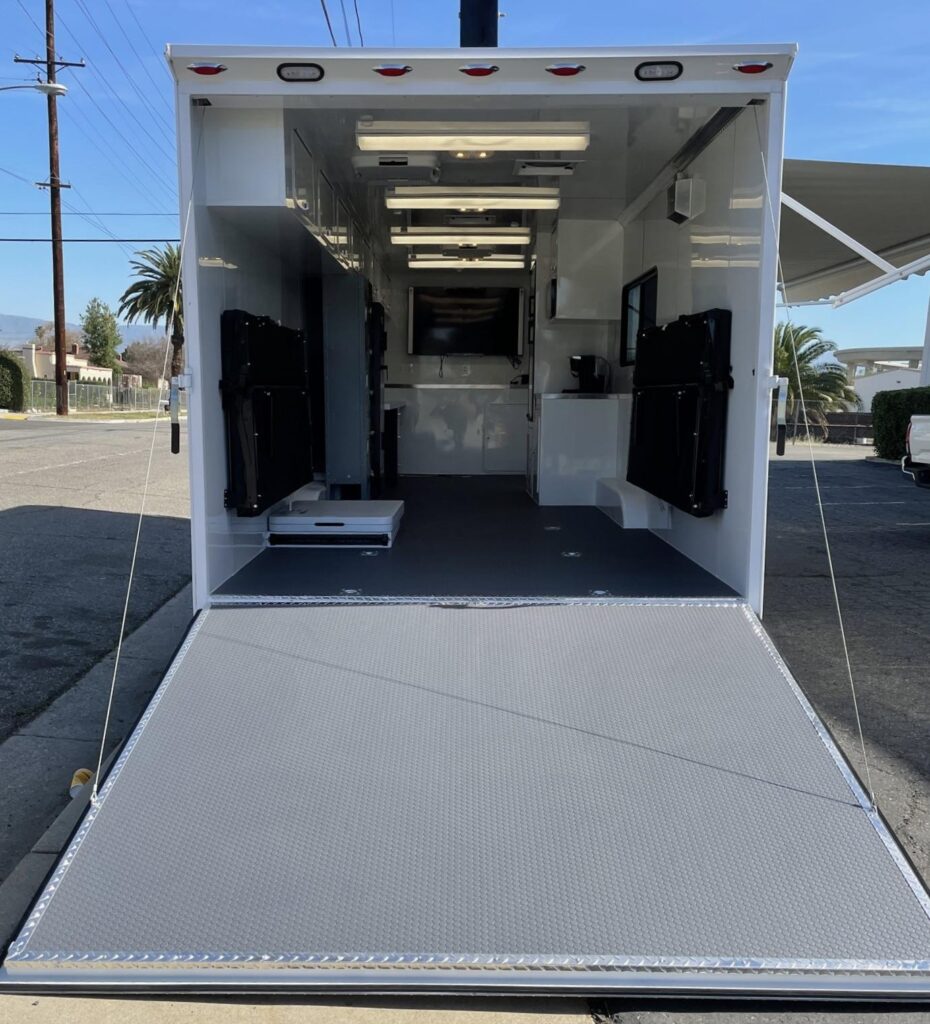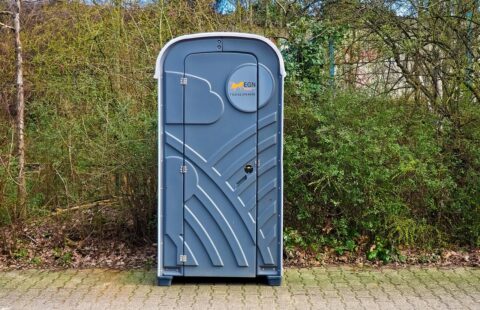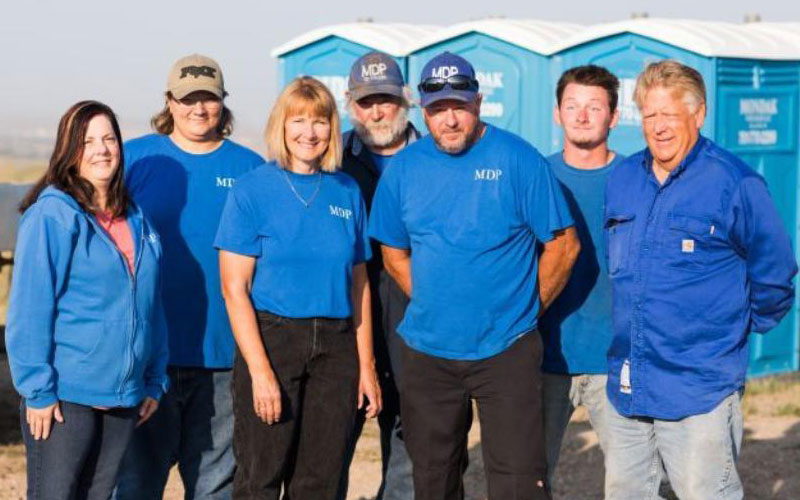
The Difference Between Standard Trailers and Custom Trailers
Buyers have to choose between choosing a standard trailer and one that is custom designed when buying for a company or personal use. Being aware of the important differences will let you pick the right service for your needs and how much you can afford to spend.

Manufacturing Process and Design Philosophy
With standard trailers, makers assemble lots of the same types by following the detailed plans beforehand. Assembly lines are designed to be quick, with their line workers making trailers with the same dimensions and abilities. People in the factory use standard procedures to produce units all the same.
Still, a custom trailer is made after going through one-on-one discussions and design processes. Manufacturers team up with their clients to discover what they require and make special designs for their needs. Each design within the construction gets individual care, supporting the addition of special characteristics that are not possible for mass-produced things.
Feature Flexibility and Customization Options
The features in a standard trailer are fixed and could not always be what you are looking for. Those looking to buy need to select from the various sizes, simple color options, or minimal package of accessories. Most often, it’s not possible to make changes to the house after you have bought it because of its design.
The design and features of a custom trailer can be altered to suit anyone’s taste. Clients can ensure their container is fitted with exact sizes, special compartments, distinctive ways to load, special electricity, plumbing, temperature management, or any other features their use requires. All the features asked for are put together during the first phase of construction.
Cost Considerations and Value Proposition
Standard trailers typically carry lower upfront costs due to economies of scale in mass production. Manufacturers spread development costs across thousands of units, reducing per-unit expenses. However, buyers may need additional modifications, accessories, or even multiple trailers to meet all their requirements.
A custom trailer usually requires higher initial investment due to individual design work and specialized construction. However, buyers receive exactly what they need without paying for unused features or requiring costly modifications. Long-term value often exceeds standard trailers when considering operational efficiency and avoided additional expenses.
Quality Control and Construction Standards
Mass production of standard trailers relies on speed and efficiency, which can sometimes compromise individual unit attention. Quality control focuses on batch testing and statistical sampling rather than individual inspection. While reputable manufacturers maintain good standards, the emphasis remains on volume production.
Custom trailer construction allows for detailed quality control at every step. Manufacturers can inspect each component, weld, and assembly point individually. Builders often take pride in their craftsmanship since each unit represents their individual work rather than anonymous assembly line production.
Timeline and Availability Differences
Standard trailers offer immediate availability from dealer inventory or short lead times from manufacturer stock. Buyers can often drive home with a trailer the same day or receive delivery within days or weeks. Popular models maintain consistent availability throughout the year.
A custom trailer requires longer lead times due to design consultation, engineering, and individual construction processes. Projects typically take several weeks to months depending on complexity. However, clients receive updates throughout the process and can make adjustments during construction phases.


